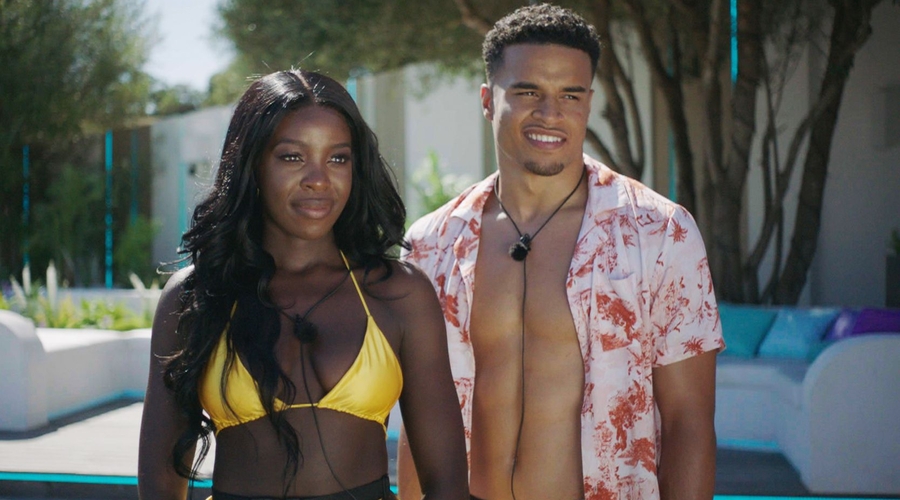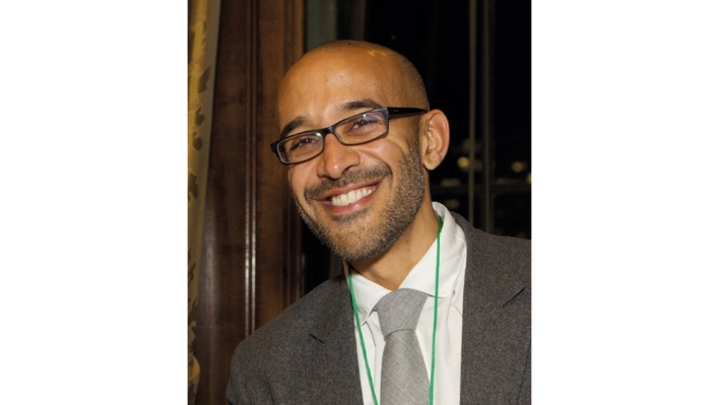Four RTS bursary scholars recount how their careers have taken off after being derailed by the pandemic.
Charly Humphreys
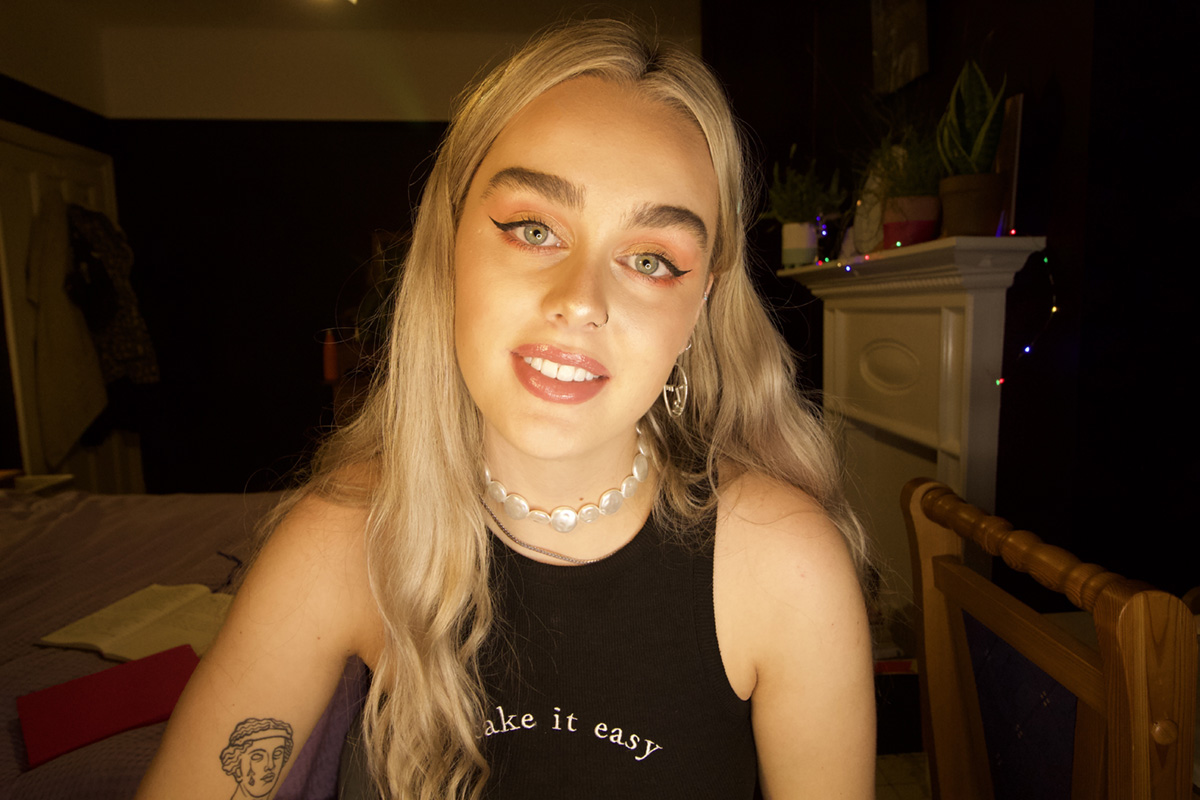
Fifteen months ago, if someone had told me I’d be working in Mallorca on one of the world’s biggest reality shows, I’d have rolled my eyes and said, “You’ve got to be kidding!”
In my final year studying live events and television production at the University of the Arts London, and with Covid-19 still rearing its ugly head, I told myself to stop worrying too much about the future and focus instead on my degree. The virus had imbued me with a strong sense of how unpredictable life could be.
Then, a couple of months ago, I received an offer to work on Love Island. My mentor, the brilliant Lauren Evans at ITV, had passed on my CV to the team that makes Love Island. Lauren is the talent manager at ITV Entertainment.
I was thrilled and ecstatic, to say the least! The day after I submitted my final assignment, I jumped on a plane to the location for one of my favourite shows. I was so excited to see the secrets of its success from the inside.
Initially, I was one of a team of chaperones at a beautiful resort in Mallorca, looking after two wonderful contributors. Inevitably, things were different this year due to the Covid restrictions. I was responsible not only for supporting the contributors’ general well-being but also for making sure that coronavirus guidelines were adhered to at all times.
The job was an absolute dream after my old student life in London, where I’d spent so much time isolating since the start of the pandemic. Travelling and meeting new people are two of my favourite things. It’s been such a positive feeling to experience that part of life again.
Soon after beginning my chaperone gig, I switched roles and moved to the production base to assist with admin, production and location duties. I worked closely with the production co-ordinator, from whom I learned so much about what it takes to make Love Island the show we love.
I acted as the line of communication across departments. This suited me down to the ground. I met and made friends with a lot of the Spanish and English production staff.
I thrive in busy environments buzzing with lots of people and felt completely in my element. This role gave me such an in-depth insight into how each department operates – and how much collaboration goes into making factual entertainment shows such as Love Island.
I feel very fortunate to have been able to experience working on Love Island. I’ve watched every series and never missed a single episode.
My involvement has provided me with an incredible footing for whatever my next job is, and made me much more confident in my ability to succeed in TV.
I owe huge thanks to my mentors and to the RTS for supporting my journey, and for all the invaluable advice, tips and guidance that has got me to this point.
Coming from a small town near Birmingham, with no creative connections whatsoever, I might not have had the opportunities or confidence to allow me to begin my postgraduate career with a such a bang.
I have no doubt whatsoever that all of the workshops, networking events, panel discussions and peer catch-ups that the RTS bursary scheme opened the door to have all encouraged me to recognise my strengths. I’m so excited to see what comes next.
Charly Humphreys worked on Love Island this summer.
Mahnoor Akhlaq
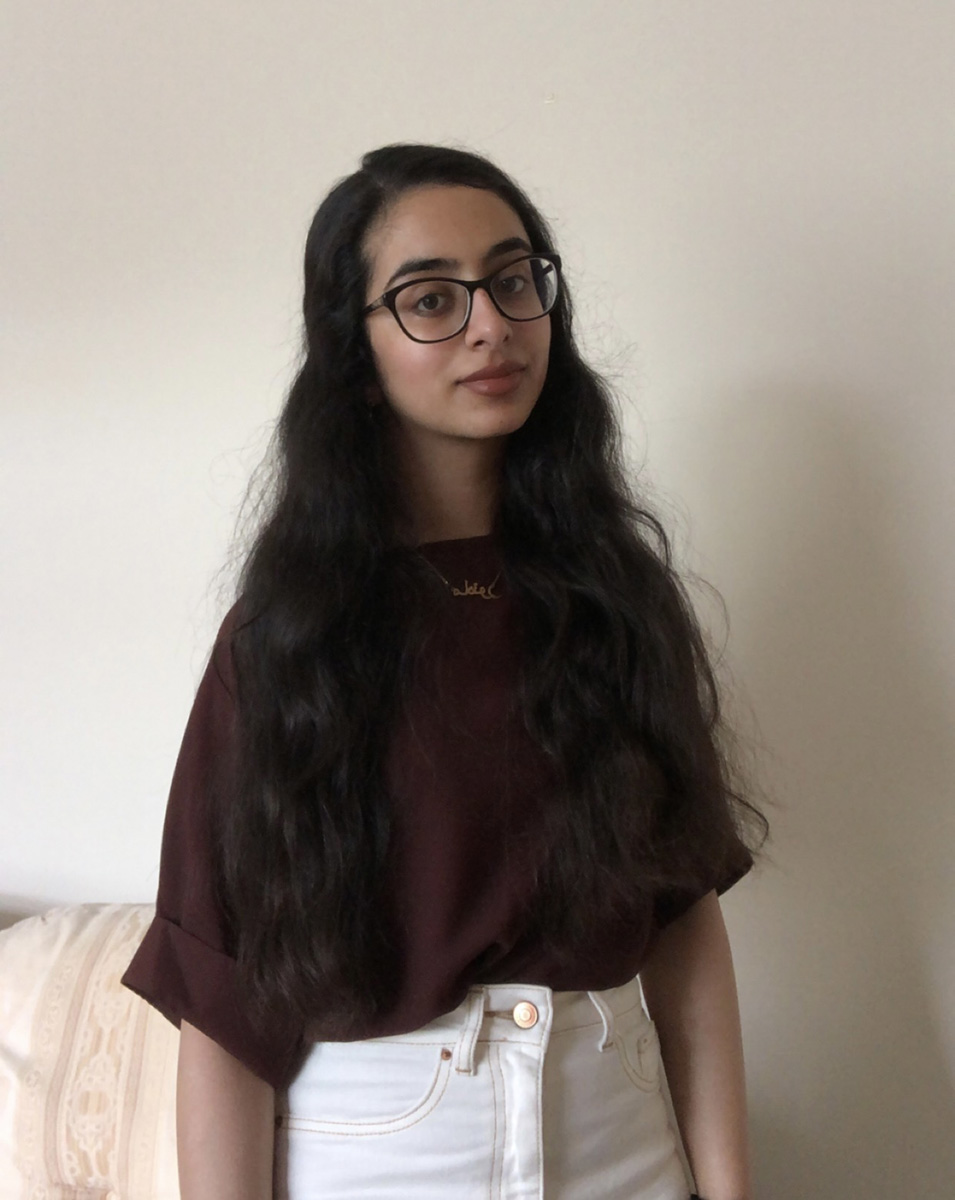
Once they’ve completed university, every student’s biggest worry is “What’s next?”. I experienced that feeling but, coincidentally, my interview for the BBC Len Tingle placement – a two-month paid internship at BBC Yorkshire – took place on the same day I handed in my final assignment.
Tingle was BBC Yorkshire’s political editor for 17 years until he died, aged 63, in 2018.
I was really hoping I would get the placement as it was the perfect step after completing my journalism degree at the University of Leeds. Subject to Covid-19, I still hope to be studying abroad in September, which is why I didn’t apply for any graduate jobs this year.
It was the third time I had applied for the placement, so I had high hopes. During my first year at uni, I made it through to the interview stage. I didn’t get the placement, but I was told to apply again the following year. Which I did but, due to the pandemic, the placement was cancelled.
When I received the phone call to tell me I’d been accepted I almost couldn’t believe what I was hearing. I was over the moon!
Without the Royal Television Society’s support, I probably wouldn’t be in the position I’m in today. The RTS has supported me in so many different ways.
I can’t put into words how grateful and lucky I am. The bursary helped me to pay for equipment, such as a laptop, camera and microphone. It also supported me while I undertook unpaid work experience.
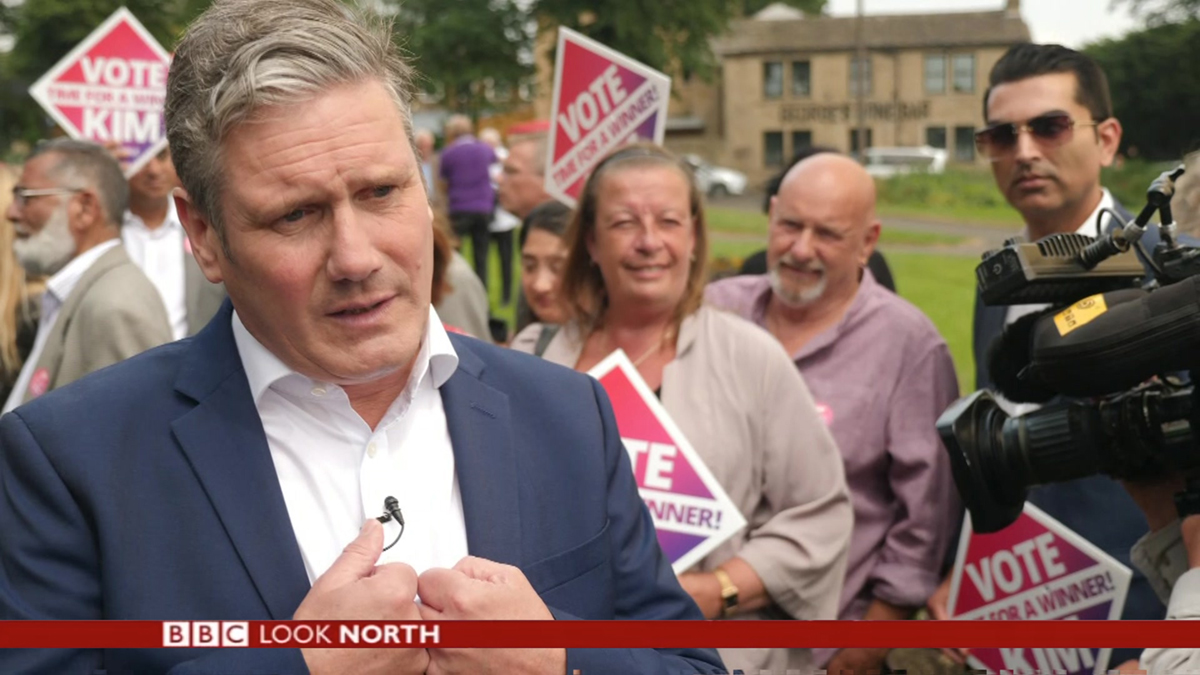
by Mahnoor Akhlaq (Credit: BBC)
The networking opportunities helped me to build my confidence, contacts and gain a better understanding of how the industry works. I also met my mentor, the BBC journalist Mobeen Azhar, who has been amazing and supportive throughout my final year and gave me invaluable advice for my interview for the placement.
I chose journalism as a career because it allowed me to combine my creative skills with my interest in current affairs. I was also more driven after I learnt about the lack of diversity in the industry, which needs to change.
I am a Pakistani woman born and raised in Bradford, a city that does not always get the best representation in the media. I want to help change that narrative. I think it is important that cities such as Bradford keep talent in the city, which is why I do not want to relocate after I graduate.
I am lucky to be joining the industry at a time when more opportunities are emerging in the North. I am excited to be working in regional news in Yorkshire as I am passionate about sharing local stories about the place where I live.
Due to the pandemic, half my degree took place virtually. As a result, I did not gain the same practical experience. Being able to work across TV, digital and radio, with an amazing team, will help me brush up and develop these skills. I will be making the most of the next eight weeks.
Mahnoor Akhlaq is on the Len Tingle journalism placement at BBC Yorkshire.
Kyle Shiels
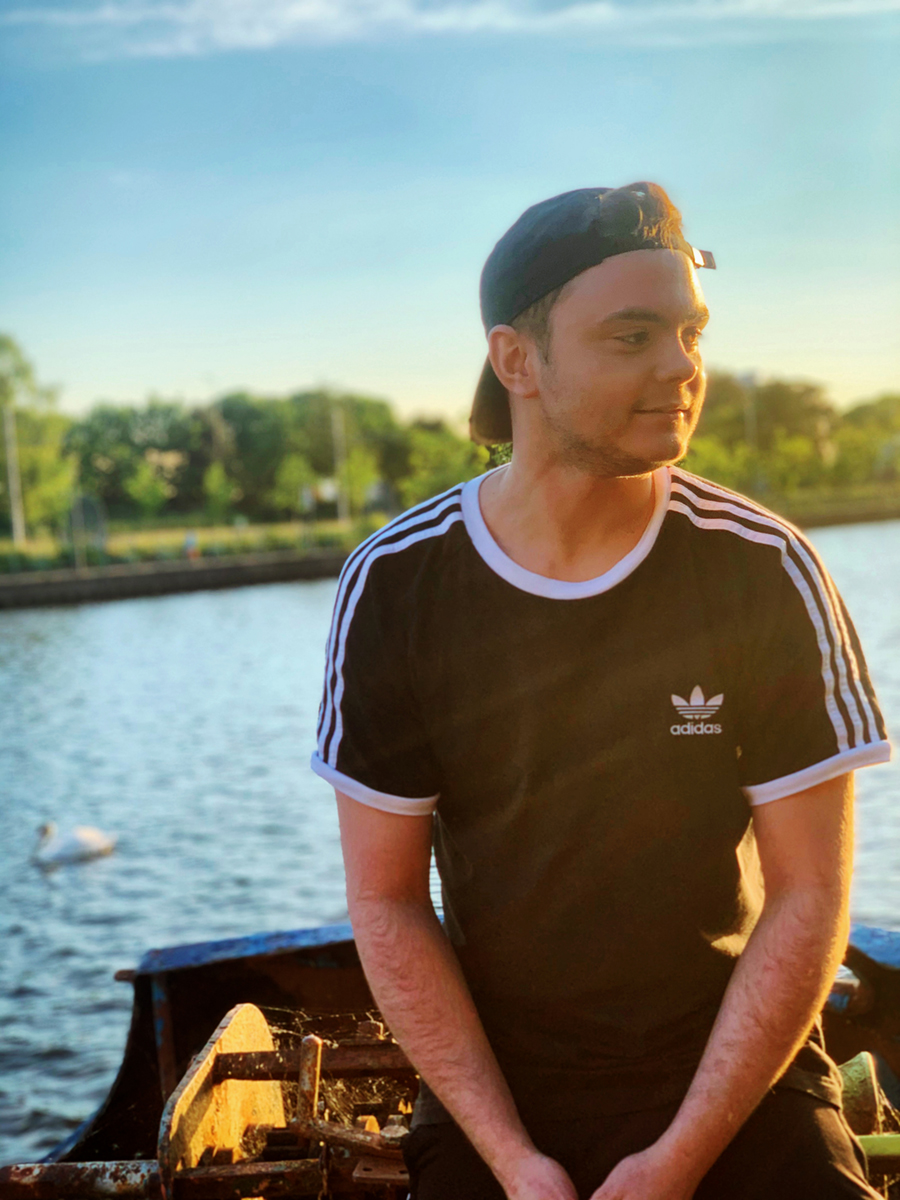
In the middle of summer 2014, in the living room of a modest two-bedroom house in the north of Leeds, an easily distracted 18-year-old was trying his hardest to concentrate while his little brother gamed on his PlayStation.
At any other time, he’d have given up on what he was doing and joined in the shooting game, but today he decided to stick with it and move his stuff up to his room where he could work undistracted.
Almost seven years later to the day, that was the first step towards him achieving his dream.
I’m sure it’s obvious by now that it was me who was the easily distracted teen. I’m happy to report that I’m now an easily distracted adult.
The reason that day was so significant was because I managed to finish my work. The work? Putting together a last-minute application for an initiative I’d been sent that closed that night: the RTS bursary scheme. The next few years would fly by. I was accepted on to the scheme, which allowed me to attend university and study broadcast journalism.
As everyone involved in making the scheme possible told me, the RTS would support me throughout my time at uni and beyond. At the time, I assumed they were referring to the financial side of the bursary. True, that was a massive part of it, but it was not the main support that was given to me.
In my three years of study and after graduating, the RTS has supported me with various opportunities to peek into an industry that, frankly, would otherwise have been unattainable for someone like me.
I was invited to attend an RTS Patrons’ dinner and meet the movers and shakers of the TV world. I was invited to the Cambridge Convention, where I listened to panels discuss the latest developments in the TV sector in the UK and overseas. I was given a mentor in the industry who was amazing at giving me career advice. Shoutout to Margaret Emsley!
All these opportunities contributed in ways both small and large to my career progression, but it was as a guest judge at the RTS Yorkshire Programme Awards that I made a key connection.
As a student studying news, to say I had a case of imposter syndrome was an understatement as I sat and debated the merits of actual TV news alongside people who had been doing it for years.
But I gave my honest views and was lucky enough to meet Ruth Pitt, one of the masterminds behind bringing Channel 4 to Leeds. We kept in touch. A year or so after I’d graduated, she gave me a place on her mentorship scheme, Under the Moon.
The programme matches “rising stars” with commissioners. Once again, I had to fight off the imposter syndrome as I sat at a table with the other mentees. They just happened to be executive producers, directors and every other kind of person who could have been my boss’s boss.
I got Channel 4’s head of sport, Pete Andrews, as my mentor. Months later, he would coach me through the process of applying and interviewing for a staff role at BBC Sport, my dream job.
This easily distracted adult is eternally grateful for the leg-up the RTS has given him. My message to both current and future bursary scholars – and young people in general – has and will always be: the RTS will unlock the doors for you, but you have to walk through them yourselves. Take every chance you can get, and never forget where you’ve come from.
Kyle Shiels is working as a researcher for BBC Sport
Jake Smith
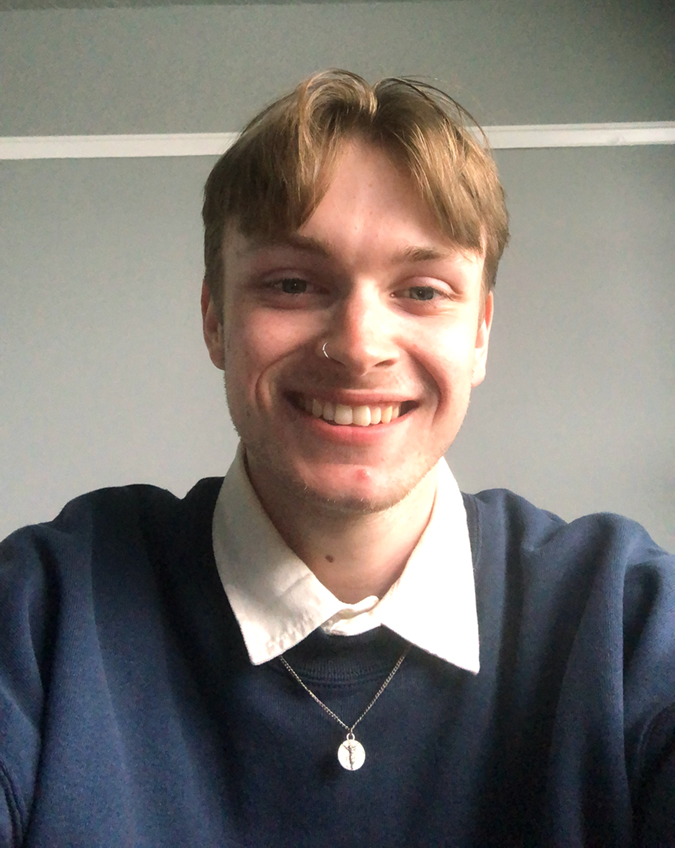
I study film-making at the Northern Film School and live in Barnsley, South Yorkshire. I was introduced to film and TV production at Barnsley Sixth Form College. It was this course, together with my love of all things 1980s and a little magic from the RTS, that led to me having a paid post this summer as a technical assistant at Air TV.
When I applied for the RTS bursary, I did not in a million years expect it to open the doors it did for me. Like many students, I took a while to settle into full-time study, but lockdown gave me plenty of time to think and reflect on my future.
I gave myself a talking to and decided to make the best use of the time I had while everything was on hold. The RTS was a huge part of this renaissance in my life; I got a fantastic mentor, Fergal McGrath, who gave me the confidence to push myself into the industry.
I have a fascination with classic cars, old cameras and have been described as an old man in young man’s clothing. I became interested in production design while working on a short cop film of my own, set in the 1980s.
I developed a liking for all things retro through helping my dad restore old cars. Unfortunately, he broke his back and, although he still does what he can, he can’t manage the same type of projects. From there, I became interested in old cameras. Gradually, I acquired a number of 35mm film cameras on eBay, and started to play around with them to see how they worked. I bought a roll of film and shot it (it cost me nine quid to develop, but I really enjoyed it).
Coincidentally, I had just accepted a role as set designer at uni, when the RTS organised a webinar with production designer Duncan Howell. Thinking of my new role and my film based in the South Yorkshire of the 1980s miners’ strikes, I asked Duncan if people were generally willing to move their cars for a period film to be more credible.
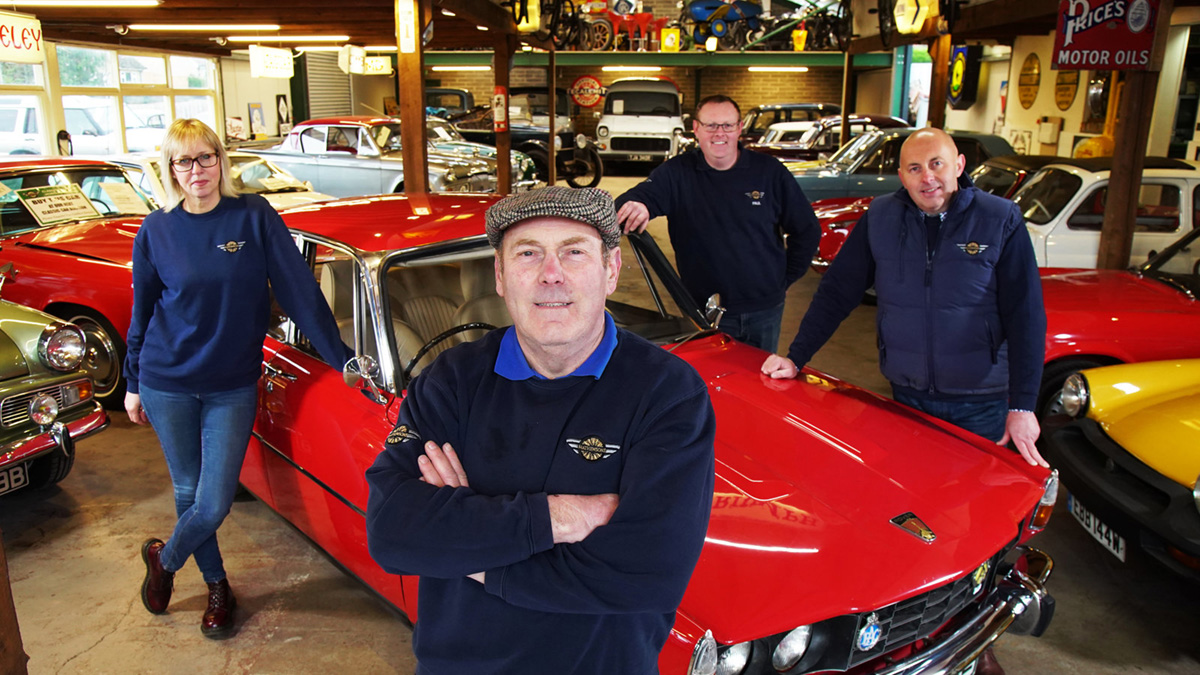
The combination of 1980s cars, set design, Yorkshire and RTS connections could only lead to one place. Something clicked in the mind of RTS bursaries manager Anne Dawson. A few emails later I was talking to Andy Joynson, director of Air TV and executive producer of Bangers and Cash.
He invited me to meet the team at their head office and have a look around. I thought I would, at best, be offered some work experience but, amazingly, I was offered a paid post over the summer. I am so pleased to have this opportunity to gain such brilliant hands-on experience. I now work at Air on Bangers and Cash as a technical assistant. The people at Air have been extremely warm and welcoming, I cannot thank them enough.
It’s fantastic to have a foot in the door before my second year has finished. I am proud of myself for making the most of my opportunities – and for that little touch of magic the RTS provided.
Jake Smith is working as a technical assistant on Bangers and Cash.

